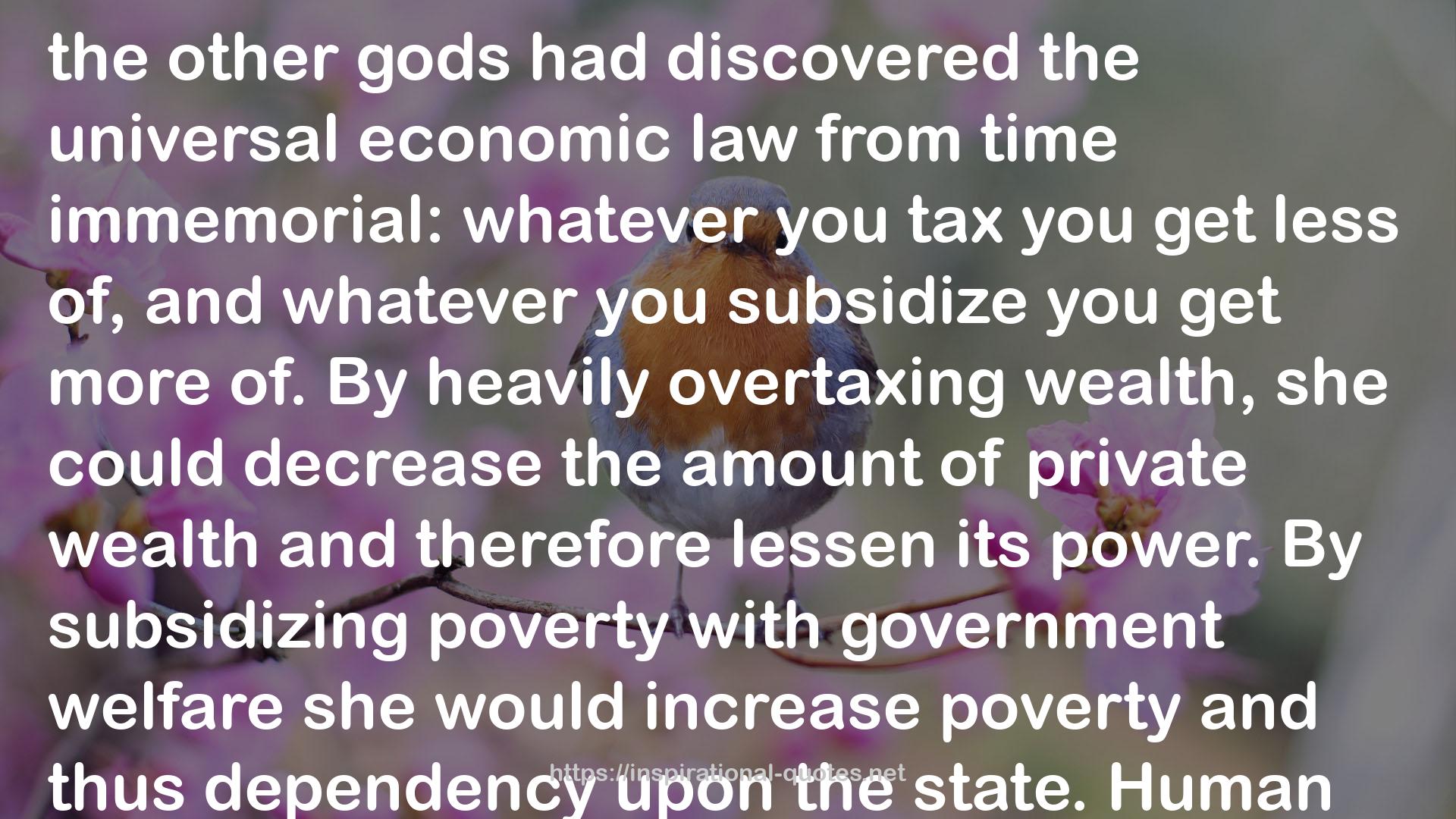9
" For the last part of the trial in heaven, Yahweh Elohim allowed the litigators to engage in cross examination and rebuttal. The Accuser stood next to Enoch before the throne. Yahweh Elohim announced the beginning of the next exchange, “Accuser, you may speak.” The Accuser began with his first complaint, “On this fourth aspect of the covenant, the ‘blessings and curses,’ we find another series of immoral maneuvers by Elohim, the first of which is the injustice of his capital punishment.” The Accuser delivered his lines with theatrical exaggeration. It would have annoyed Enoch had they not been so self-incriminating. “What kind of a loving god would punish a simple act of disobedience in the Garden with death and exile? In the interest of wisdom, the primeval couple eat a piece of fruit and what reward do they receive for their mature act of decision-making? Pain in childbirth, male domination, cursed ground, miserable labor, perpetual war, and worst of all, exile and death! I ask the court, does that sound like the judicious behavior of a beneficent king or an infantile temper tantrum of a juvenile divinity who did not get his way?” The Accuser bowed with a mocking tone in his voice, “Your majestic majesticness, I turn over to the illustrative, master counselor of extensive experience, Enoch ben Jared.” The Accuser’s mockery no longer fazed Enoch. His ad-hominem attacks on a lowly servant of Yahweh Elohim was so much child’s play. It was the accuser’s impious sacrilege against the Most High that offended Enoch — and the Most High’s forbearing mercy that astounded him. He spoke with a renewed awe of the Almighty, “If I may point out to the prosecutor, the seriousness of the punishment is not determined by the magnitude of the offense, but the magnitude of the one offended. Transgression of a fellow finite temporal creature requires finite earthly consequences, transgression against the infinite eternal God requires infinite eternal consequences. "
― Brian Godawa , Enoch Primordial (Chronicles of the Nephilim #2)
16
" the Accuser’s final complaint. He took a confident breath and embarked on his concluding strategy: blame shifting. The Accuser said, “If I am to stomach this dodgy ad hoc definition of ‘death’ as eventual mortality, and the excessive punishment of death and exile for the primal pair in the Garden, that is one thing. But to then shift that blame onto the rest of the human race, that is the most unfair, unjust, unwarranted, unreasonable, unjustifiable attribution of guilt anyone has ever seen in the history of the heavens and earth.” Enoch thought the Accuser’s rhetoric reached its shrill climax of excess in this catalogue of allegations and complaints. The Accuser continued, “What kind of a just god blames innocent people for the guilt of others? What kind of a loving god punishes the entire rest of the human race for what two moronic idiots did in the Garden?” He stood there with dramatic pause. There it was again, thought Enoch. The endless refrain against a ‘loving god.’ But now the Accuser was adding a new slogan for a bit of variety with ‘what kind of a just god’ etcetera, etcetera. The Accuser concluded, “The prosecution rests its case.” He sat down by the other Watchers. "
― Brian Godawa , Enoch Primordial (Chronicles of the Nephilim #2)

